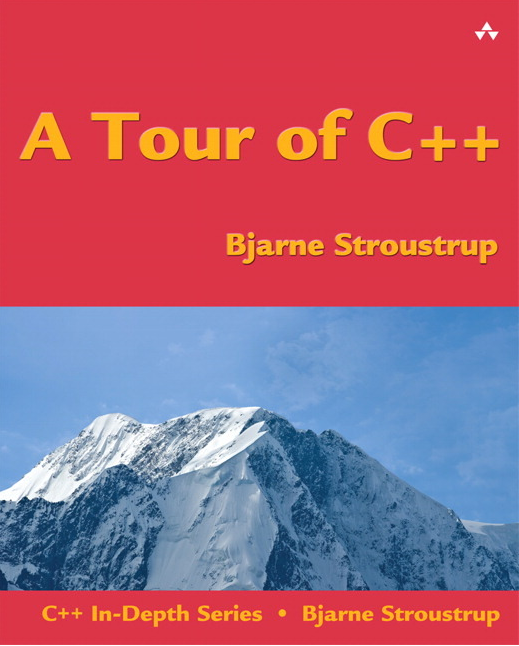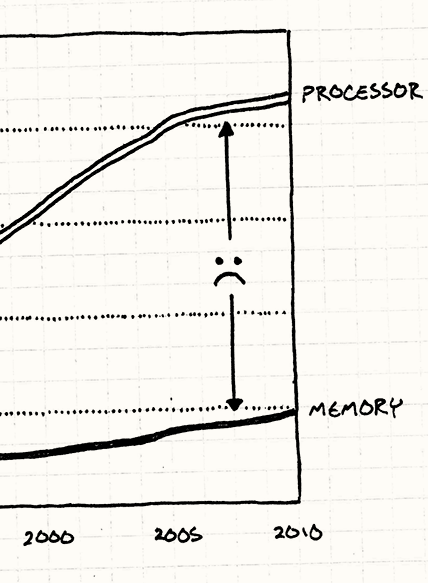Quick Q: How do I use conditional noexcept? -- StackOverflow
The question also has a lemon-zest touch of "templates in headers" but the basic noexcept question is still the same:
Use of the noexcept specifier in function declaration and definition?
Consider the following function:
// Declaration in the .h file class MyClass { template <class T> void function(T&& x) const; }; // Definition in the .cpp file template <class T> void MyClass::function(T&& x) const;I want to make this function
noexceptif the typeTis nothrow constructible.How to do that? (I mean what is the syntax ?)


 A nice refresher on data locality, and coding techniques to improve it for substantial performance gains.
A nice refresher on data locality, and coding techniques to improve it for substantial performance gains.